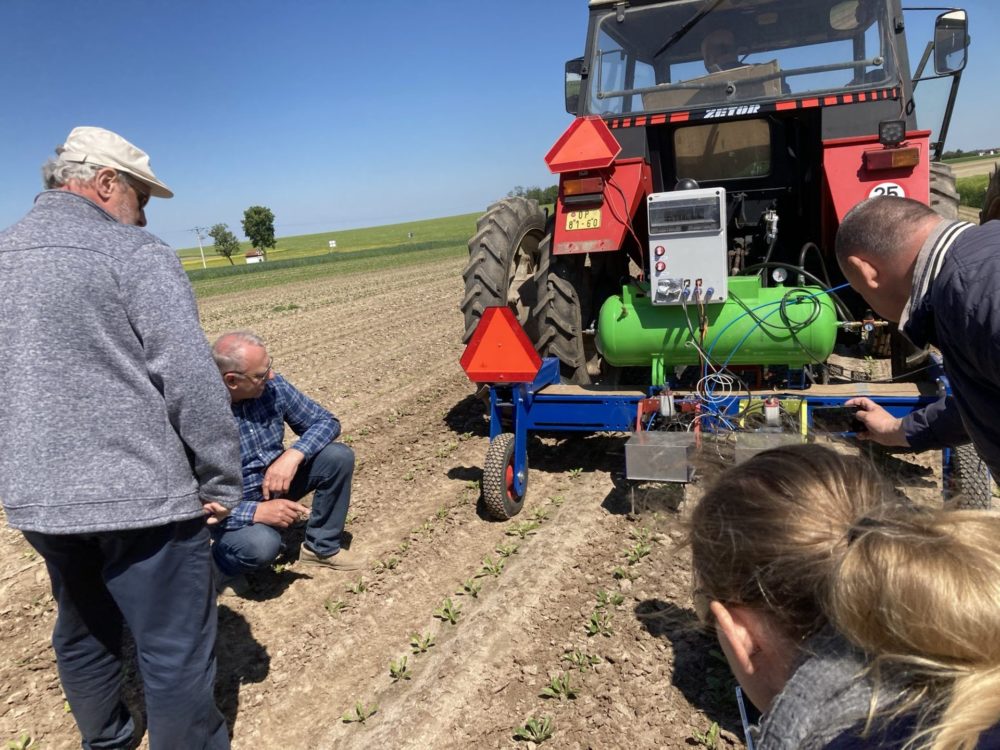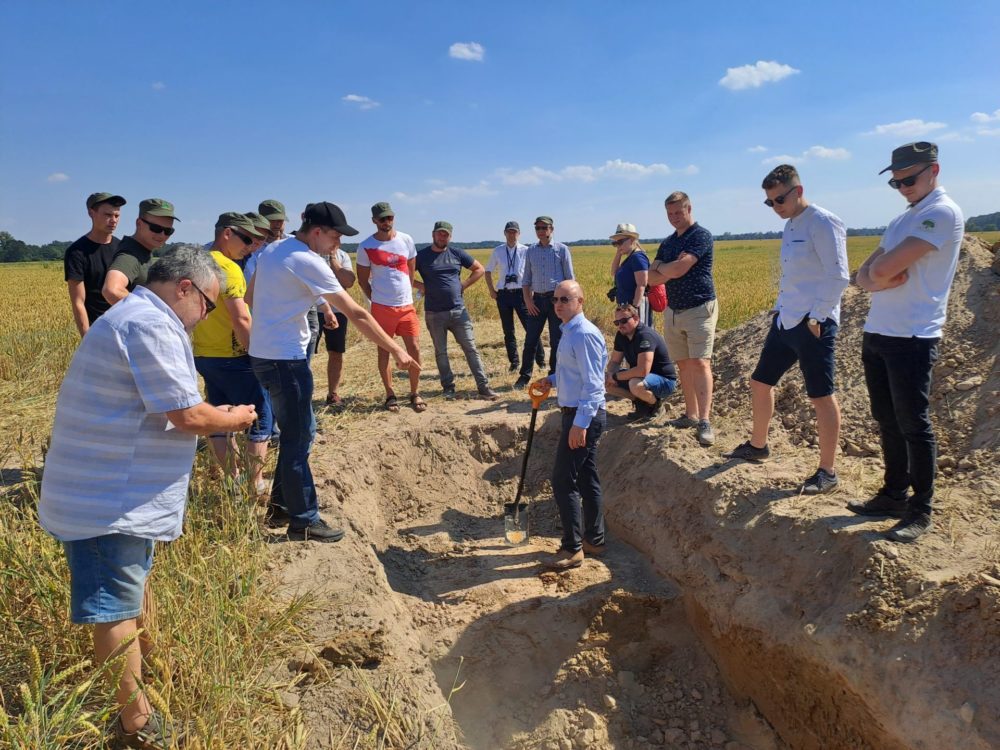This post was done in partnership with EIT Food.
EIT Food is one of nine innovation communities established by the European Institute of Innovation and Technology (EIT), an independent EU body set up in 2008 to drive innovation and entrepreneurship across Europe.
It’s been a year of major stresses for Central and Eastern European startups and agrifood systems.
War in Ukraine upset one of the world’s most important sources of grain, leaving market volatility in its wake. Add to this the massive migration wave of the recent spring, an inflationary environment for farm inputs and a difficult market for raising capital, and the recipe for an overall downturn is complete.
And yet, Central and Eastern European agrifood startups continue to develop and innovate, defying the odds.
As Sebastian Balcerak, from the European Institute of Innovation and Technology (EIT) and its part dedicated to accelerating innovation in the agrifood sector, EIT Food (supported by the EIT, a body of the European Union), notes: “2022 was a strong year across our regional innovation business creation portfolio. We have had fantastic teams joining both our already renowned programmes (such as Test Farms) as well as applying for those newly introduced (such as Sales Booster).”
“The Regenerative Agriculture Revolution programme just keeps on attracting players from soil management technologies to carbon market incentives,” he adds.

The startup environment is an inherently flexible one. The best companies can pivot quickly during strangled markets and crisis situations.
For example. the region’s manufacturing footprint, although subject to capex downsizing, is still seeing ongoing investments, such as those around soluble fibers and plant proteins.
This strengthens overall supply chain resilience in the region and solidifies the positive trend of agtech startup cohorts coming in continuously to the game.
“Agriculture is a key sector for many countries in CEE and they have strong traditions with growing specific crops,” says Ilia Iordanov, co-founder of Bulgaria-based ONDO Smart Farming Solutions. “This brings immense opportunities for the agritech startups from this region, particularly when it comes to making the agricultural businesses more sustainable and competitive, in view of the different clean food regulations being recently launched.”
He says that for agritech startups like ONDO, which need to validate their concept and business model on an international scale, the support of programs like the EIT Food Sales Booster is indispensable.
ONDO provides a next-generation precision farming automation system that became a leader on the Bulgarian market for farming automation only three years after the company was founded. One of the factors for this is ONDO’s subscription-based business model, which allows any farmer to automate their farm with minimum upfront investment.
The company already has its first international distribution partners.
“Thanks to joining the Sales Booster program, we validated our internationalization strategy and established connections with more potential distributors and agtech startups, which puts a solid base for our efforts to scale internationally,” says Iordanov. “We are already seeing the positive results from our participation in the program and would encourage other agritech startups to grab the opportunity, if given, to accelerate their international expansion with the help of the EIT Food program experts and their active support.”
“The trend is that among all startup profiles innovating in the agfood sector, the most frequent ones attracted by our programmes deal with precision agriculture, targeted nutrition and supply chain intelligence,” adds Balcerak. “That distribution is actually a good bridge to develop market driven incentives working across the chain – so much needed in many initiatives, starting from regenerative farming or finishing with new affiliation schemes at retail end.”





